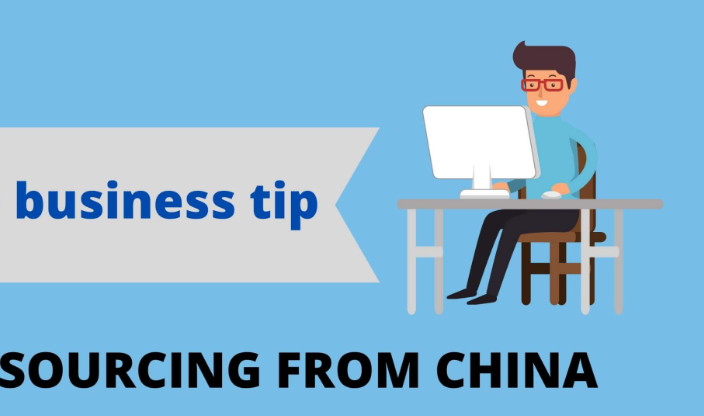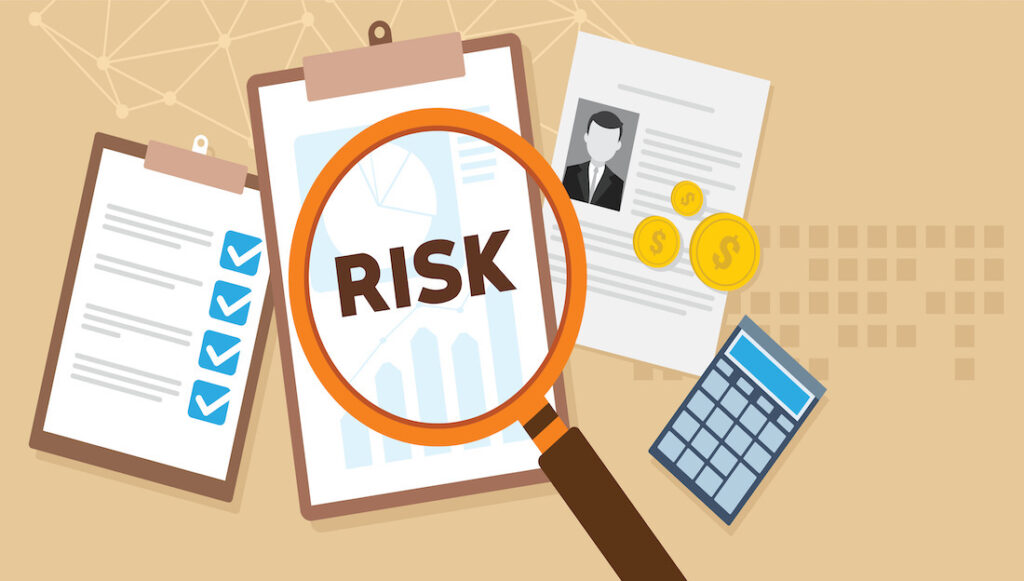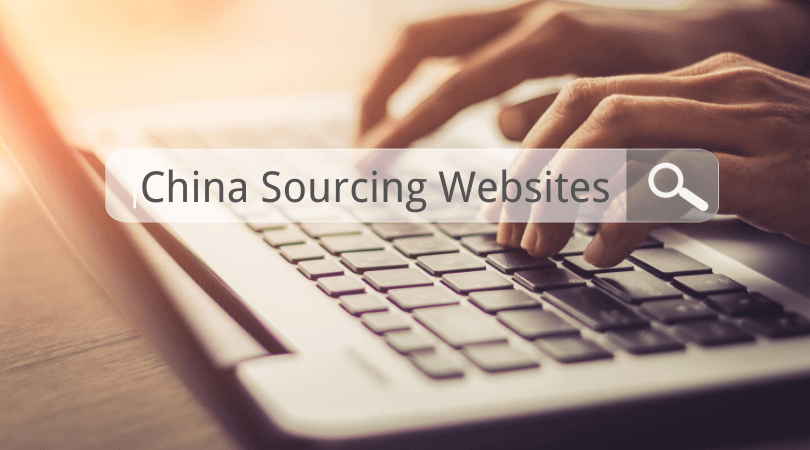Sourcing in China can be a huge pain. Sourcing agents, factoring fees, shipping companies, and products. But there’s one thing that many manufacturers try to avoid when it comes to sourcing… risk. If you’re dealing with very valuable products. You want to minimize your business’s exposure to risk–and potentially save money while doing so. In this article I’ll discuss a strategy that you can use to do just that!

Section: Your overall goals should be to reduce costs and increase profits.
This can be done by taking advantage of the following opportunities:
1. You should try to negotiate a price that is lower than the wholesale price you are quoted.2. You can also try to negotiate with your manufacturer for better terms and conditions. Such as longer payment periods or a lower minimum order quantity (MOQ).
3. If you have ordered a large amount of inventory, you can try to reduce transportation costs through shipping. Instead of air freight.
4. If you place another order in the future, you can also negotiate a discount for the order.
5. You can also try extending the product’s warranty period. This will help reduce subsequent replacement and repair costs.

Section: Savvy sourcing in China can save your company money, but there are risks.
The first step in minimizing the risk of sourcing in China is to understand that there are many types of risks. The most obvious ones are financial–your supplier reneging on their agreement. Getting sued for IP theft, or simply not delivering on time.
There are also social risks. For example, your supplier is unable to deliver on time due to having to respond to natural disasters or other events. You can also consider the physical environment of the supplier’s factory as a risk factor if it is located in an area prone to flooding. Finally, there are risks related to labor and employment laws. For example, your supplier illegally hires children or pays employees wages below the minimum wage.
But there are other types of risk, too. For example, if you purchase from a supplier in China. The supplier does not have a good reputation and does not comply with local laws. So your company may face the risk of fines or even legal action. Another risk is quality – if your supplier makes mistakes or uses hazardous materials. So if the product ultimately appears on store shelves, it may damage your brand reputation.
As you can see, there are many different things that can go wrong when working with suppliers. Although it is not possible to mitigate all of these risks. But the clearer you are about the risks involved in any specific business relationship. If these risks suddenly arise, the more capable you are to effectively manage them.


Section: There are ways to analyze risk during your sourcing in China process.
Here are some tips on how to mitigate your risk:
1. Make sure you have a good contract with your supplier, and that it is specific about what you are getting for the price.
2. Test samples of the product before placing large orders.
3. Ask for references from previous customers or companies with similar products, then check them out.
4. Try to find a reliable factory that has been in operation for several years
5. If possible, try going to the factory that produces your product. This way you can evaluate their quality control procedures firsthand.
6. It is important to take time to evaluate your own needs and evaluate the best choices. This will help you avoid costly mistakes. Such as ordering too much inventory or choosing manufacturers with lower quality.
Section: Understand sourcing from China and the issues at hand.
The first thing to understand is that sourcing from China is not the same as sourcing from another country. In fact, it’s different in so many ways that it could be considered a completely different business model. Here are some of the most important things you need to know:
-There is a high risk of intellectual property (IP) theft.
-You must be aware of the Chinese legal system and how it impacts your business.
-The country has some unique challenges that are not present in other markets. Including its large population size, geographic location and infrastructure issues.
-The country has strict rules and regulations when it comes to importing goods into the country.
-China is a large country with many different regions, each of which has its own culture. You need to be aware of both the differences between these regions and how they affect business practices.
-There are many different types of businesses that can be started in China. Including manufacturing, import/export and services. Before advancing any plan, you should consider your goals and the type of business you want to start.

Section: Learn about what to look out for when sourcing in China.
It is best to use a procurement agent. He will help you find suppliers, negotiate prices and quality, and handle any other issues that arise during the process. There are many different types of manufacturing industries in China. Some manufacturers only focus on certain products or services, while others can achieve all of this.
Sourcing agents can help you find the right manufacturer for your business. They can connect you with suppliers and get samples made for testing or approval
Once you have found a manufacturer that meets your standards, it is best to sign a contract. This will protect both parties in the future and ensure that nothing is left open to interpretation.
At the same time, it is important to find a manufacturer that can meet your needs at an affordable price. Also, remember that the type of manufacturer you choose will affect the final quality of your product. You should research suppliers before making any decisions about them. Ask for references and check them out thoroughly. You should also be sure to get everything in writing before signing any contracts with manufacturers.
Section: Know how to source in China without losing quality or control of your manufacturing processes.
If you are looking to source in China, it’s important to know what you’re doing. The quality and price of finished products depend on many factors. Including the Chinese suppliers you have chosen. The materials used and your level of management of the manufacturing process. You can learn about procurement in China. And choose the appropriate manufacturer according to your own needs to control these factors.
You should start by finding suppliers that can meet your requirements at an affordable price. Be sure to check references before making any decisions about a potential Chinese supplier. If possible, ask for samples from each company that supplies
Takeaway: Find a reliable supplier who can meet your needs at a reasonable price. At the same time, in terms of quality control, it is important not to cut corners. Otherwise, you may receive a product that does not meet your standards. Please remember that the type of manufacturer you choose will affect the final quality of your product.